Ragging is nothing but abuse
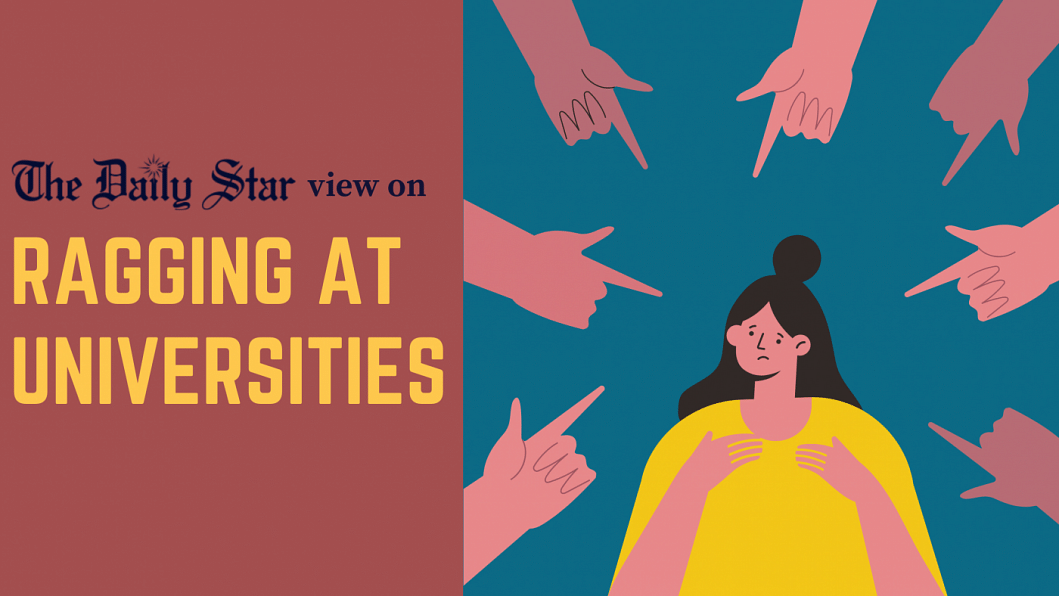
We are dismayed that despite all the reports in the media about the cruel ragging in public universities – a practice that can only be described as abuse – no policy has been formulated yet to ban it. Academics and rights activists have for long been demanding an anti-ragging policy with a clear definition of the term "ragging" so that offenders can be given strict punishment. So why has the University Grants Commission (UGC) still not been able to come up with this much-needed policy?
The extent of the physical and mental abuse in the name of ragging has come to the limelight, once again, after a female student in her first year was tortured by some women BCL leaders and activists in a residential hall of Islamic University in Kushtia because she stayed at the hall without their "permission". A recent report in this paper has found that it is mainly pro-ruling party students who are very active in "ragging" freshers at different campuses, although "regular" students in some universities have kept up this cruel tradition of initiation, too. Ragging, considered for far too long a frivolous and harmless activity, includes all kinds of psychological and physical torture. The consequences of such abuse are, of course, devastating for victims and may cause post-traumatic stress disorder, depression, dropout and, in the worst cases, suicide. Despite knowing how harmful this practice is, why is it still being allowed?
An anti-ragging policy, though much needed, can only eliminate this practice if it is properly enforced by the university authorities.
The problem of ragging, however, is largely related to the way the residential halls have been practically "taken over" by ruling party cadres. Moreover, with the seating crisis in public university dorms, BCL members "arrange" seats for freshers in common rooms and guest rooms when they can't get seats. These are also the places where the entrants are tortured in the name of ragging. In most cases, victims are too afraid to complain to the authorities, fearing retaliation; in the few cases that complaints are filed, they inevitably fall on deaf ears. The power and implicit impunity of the BCL render the hall authorities virtually disempowered to put a stop to this senseless abuse.
An anti-ragging policy, though much needed, can only eliminate this practice if it is properly enforced by the university authorities. The UGC, the apex body of all the affiliated public, private, and international universities in Bangladesh, must play a more active role in ensuring compliance of the university authorities in establishing safe campuses where critical thought and learning are prioritised over ruthless exercise of power. We urge it to finalise a policy, after consultation with relevant stakeholders, without any more delay, and engage with the government to ensure its strict enforcement.

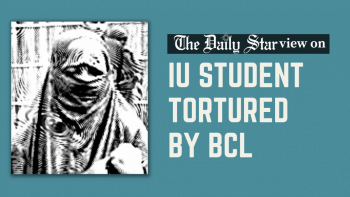
 For all latest news, follow The Daily Star's Google News channel.
For all latest news, follow The Daily Star's Google News channel. 



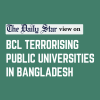
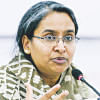

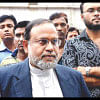


Comments